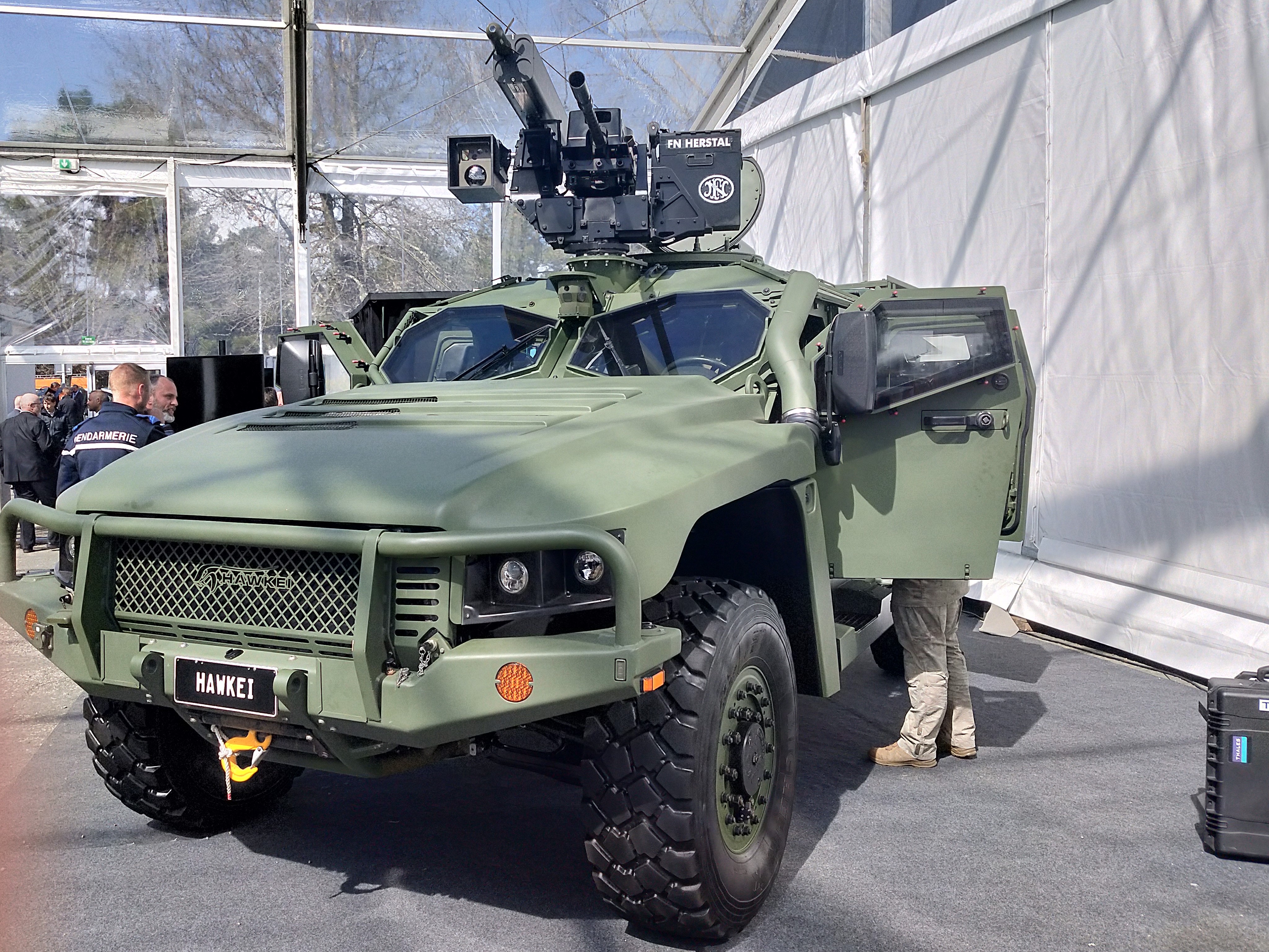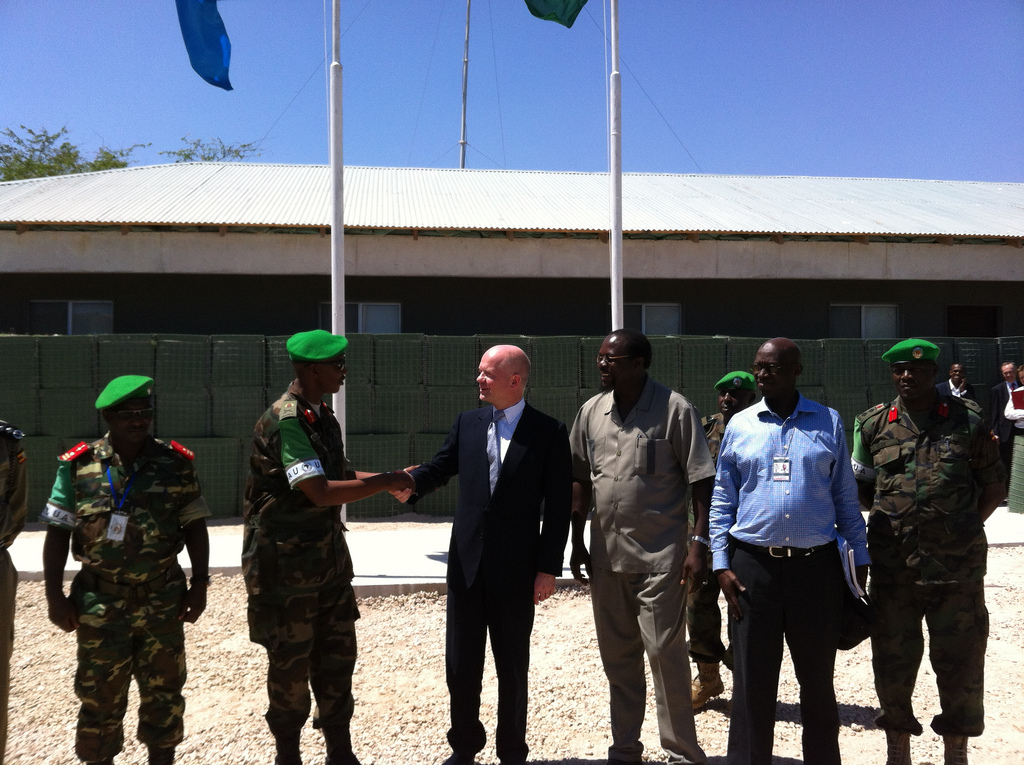Sweden wants to strengthen EU cooperation in maritime surveillance
(BRUSSELS2 / In Göteborg) Concerted maritime surveillance is a necessity both to increase the safety of maritime transport, to control immigration and the trafficking of human beings or to fight against marine pollution. However, each EU country has its own system. Not to say its own systems. Within each country, competences are, in fact, fragmented: between the police, maritime safety inspectors, fisheries inspectors, customs... And the exchange of information between all of them does not really work well. .
The Swedes intend to take advantage of the presence of EU Defense Ministers in an informal meeting in Gothenburg to encourage the Europeans to follow the model of what they have begun to do in the Baltic in terms of maritime surveillance with a few countries ( the SUBCAS).

visualization of boats in the area on the computer screen (© NGV)
The SUBCAS system in action in the Baltic. Using a demonstration, they showed their system which already connects Sweden, Finland and Denmark. On a computer device, in real time, everyone can thus have information on ships moving in the sea. Using a database, and AIS reports made by ships, it is possible to view on a map, more or less precise, the movements of the current boats. By simply clicking on the small triangle that identifies each boat, you get all the data that it has entered, and even photos. " This is not quite the secure "chat" system implemented on the "Atalanta" anti-piracy operation. But it amounts to the same thing. The computer systems of each country are interconnected” explains Commodore Pasi Kristian. Eventually, all the states in the region should join it (Germany, the Baltic countries, Poland). For now, the " information or notifications received from these countries (or sent) are not done automatically but manually ». The Swedes also hope to convince » the Norwegians who have, for the moment, not really given an answer. As for the Russians, in fact, they do not seem too interested, or rather the Swedes do not seem too eager to integrate them into the system.

demonstration and explanation to the members of the delegations of the Subcas device (© NGV)
Not a new device. “It is not about recreating a new mechanism or institution. It's about pooling our resources, sharing our information explains the Swedish Defense Minister, Sten Tolgfors. « The objective is not to have a large European system - complements another participant in the meeting - but rather to have by maritime zone (Mediterranean, Atlantic, etc.) - a similar system which brings together the neighboring countries. There thus seems to be a consensus to move forward on this issue, even if several avenues are possible, as the interests seem numerous.
A suivre. For the military and industrial aspect, a working group, made up of five retired 3-star admirals, working under the aegis of the European Defense Agency should submit a report soon (November 23) presenting the first lines of work. . The full report will follow in 2010. For the civilian aspect, the European Commission should also publish, on October 14, a communication on maritime surveillance. The file will come back to the table of the Ministers of Defense and Foreign Affairs at the "jumbo" Council of Ministers on November 17. But, without a doubt, this dossier will also have to be dealt with by the Ministers of Transport, Fisheries or the Interior.

